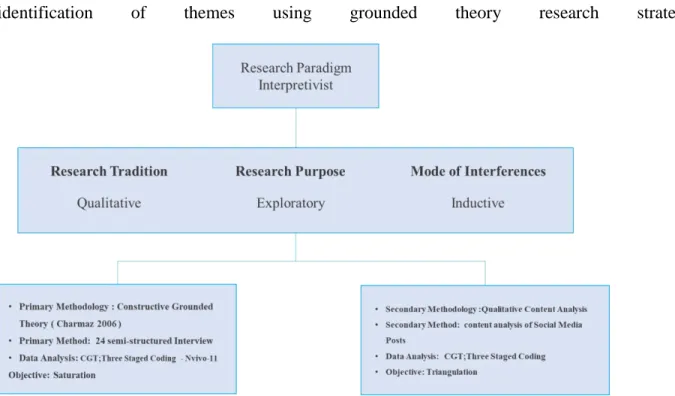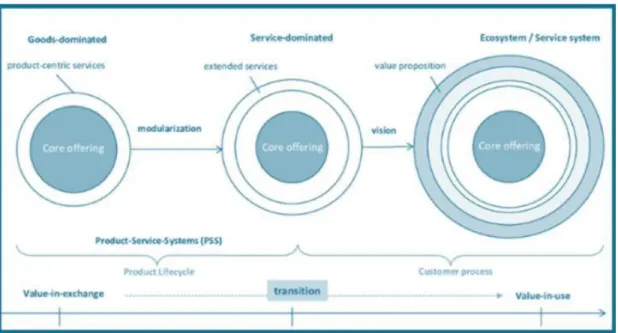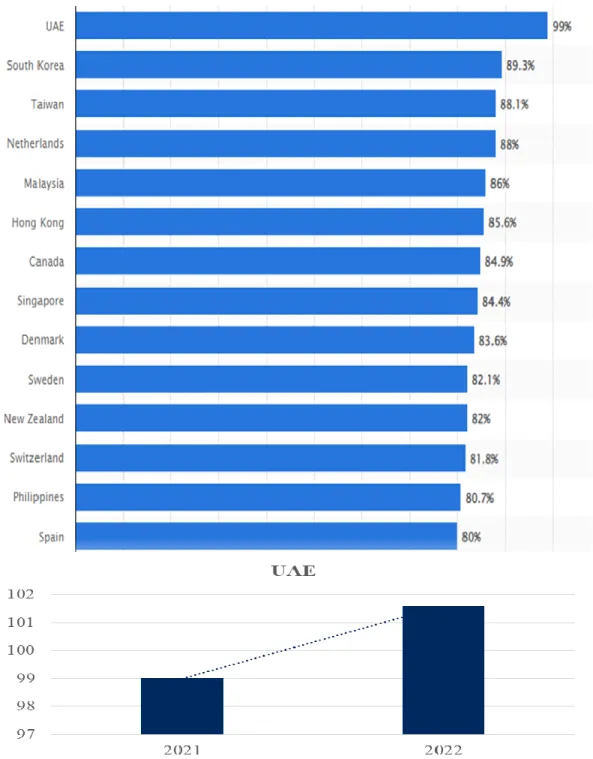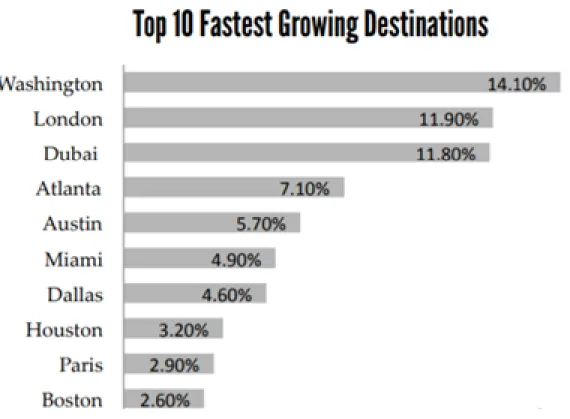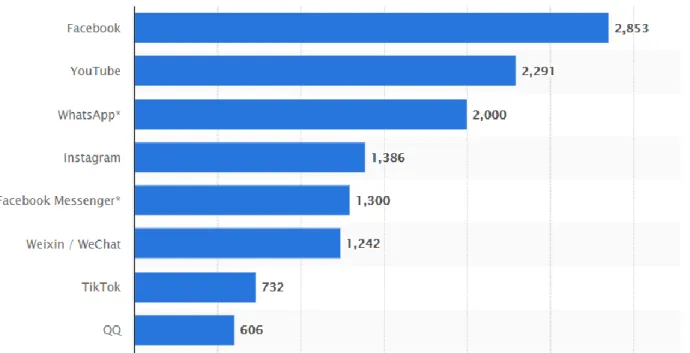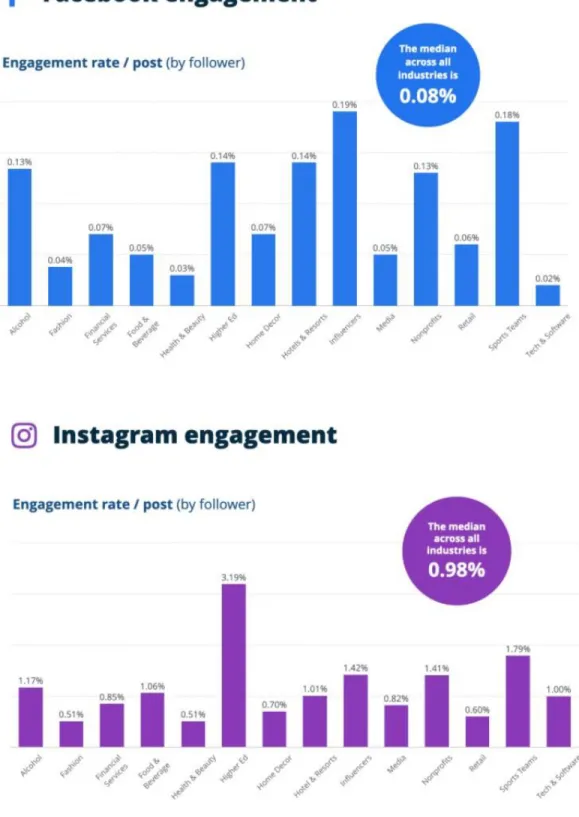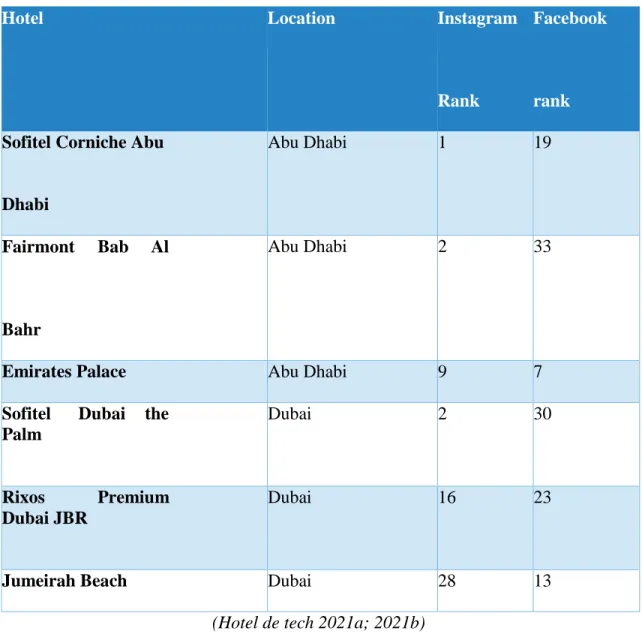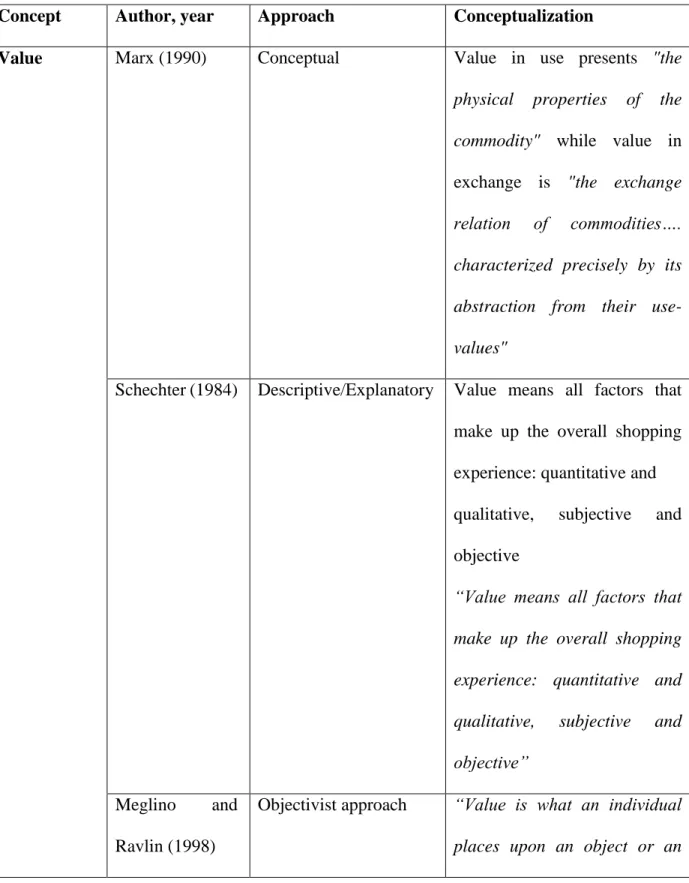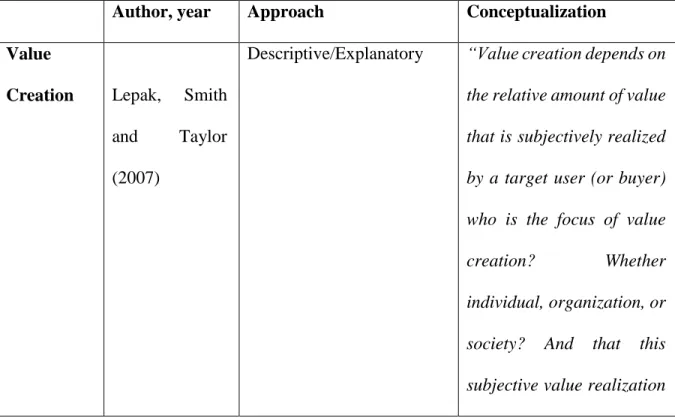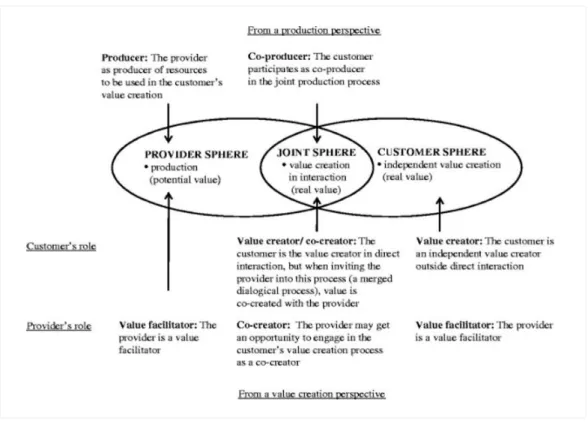Thesis submitted to the Faculty of Education in partial fulfillment of the requirements for the degree of DOCTOR OF PHILOSOPHY OF BUSINESS MANAGEMENT. The author has also granted permission to the University to retain or make a digital copy for similar use and for the purposes of digital preservation of the work. This research is conducted to explore the opportunities for value co-creation and value capture offered by social media, as well as their applicability for strategy development purposes in the context of the hotel industry.
The study uses constructivist grounded theory methodology to explore value co-creation in connection with the hotel industry. The results of the study present evidence of the influence of social media platforms on value creation by combining the SDL and ACT perspectives. The results of the study also emphasize the interaction between the 3 components - social media platforms, customer engagement and organizational strategy - through the absorptive capacity theoretical dimensions can only lead to effective value co-creation in the context of service-dominant logic.
The study's findings have both theoretical and managerial implications, which are discussed. In the hotel industry, the findings of the study make a strong case for the use of social media platforms and for value co-creation in the hotel industry.
LIST OF ABBREVIATIONS
INTRODUCTION
- Research Background
- Research Context
- Research Aim and Objectives
- Research Questions
- Significance and Contribution of the Study
- Research Propositions
- Research Methodology
- Identification and Description of the Key Concepts
- Service Dominant Logic Conceptualization
- Value Co-Creation in Academic Literature
- Business and Strategy Implications of Social Media for Co-Creation and Value Co- Creation Creation
- Customer Engagement
- Organizational Arrangement
- Absorptive Capacity Theory (ACT)
- Conceptualizing Theoretical Insight into a Framework
- Research Propositions
Evidence has shown that the very process of using social media and practicing co-creation as part of the internal process of the organization has led to much scrutiny (Bradley 2011). The scope of this research is limited to the UAE hotel industry. This research argues for the use of the CBT method proposed by Charmaz (2006) for qualitative research aimed at co-creation of value through social media platforms.
Wünderlich, Wangenheim, and Bitner (2012) in a study of the power of social media in value creation and the VCC process. Before developing a value co-creation framework, it is essential to understand the context of the framework's key components. Customer engagement strengthens emotional and interactive relationships with customers and helps the organization in the long run (Ahn & Rho 2014).
The implementation of social media opens up new opportunities for business organizations to effectively engage their customers in the value co-creation activities (Martini et al 2014). This research gap highlights the need to conduct a study on co-creation of value through social media in the UAE hotel industry, which is in line with the primary objective of this study. Academics are interested in the role of the online community in strengthening customer-brand relationships on social media (Kang & Kim 2017).
The first stage of intention is through awareness of the content on the social media platform. Co-creation is an important part of the value acquisition process, which identifies the customer's role as a value creator (Priem 2007). Understanding the importance of value co-creation in the service and identifying the capabilities that are essential to help the social media processes in the organization therefore gives the organization a deeper understanding of the marketing strategy.
The organizational arrangements discussed in the above section emphasize the critical role that the relationships between the organization and its customers play in effective value creation. In light of the theoretical SDL logic, researchers describe customers as value creators (Vargo & Lusch 2008; Brodie, Löbler & Fehrer 2019). The organization's awareness of using social media leads to increases in customer participation such as word-of-mouth.
Value creation and value capture begins with active customer participation in the organizational social media platform, it is the role of the platform to promote active participation, customer engagement and experience sharing through discussion. The second part of the framework highlights the positive impact of the co-creation process of social media on customers and organization. Organizations should take advantage of the process that promotes customer empowerment and online participation in the co-creation process.
In addition, the research aims to introduce a practical framework for effective VCC through social media in the context of the hotel industry.
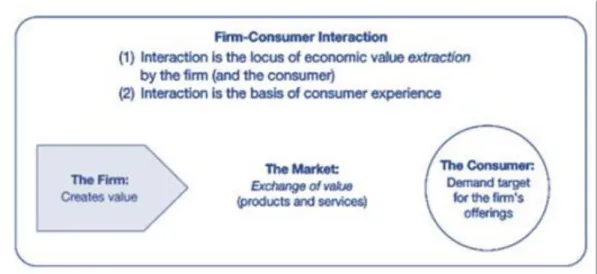
RESEARCH METHODOLOGY
- Introduction
- Alternative Methodologies: An Overview
- Grounded Theory analysis of Interview Data
Therefore, these interviewees have a holistic view of the real implementation of social media and value co-creation. The social media post data for the six hotels in the two social media platforms are coded following the same 3-step coding procedure that was used for the analysis of the primary data from the conducted interviews with industry experts. The findings from the secondary data analysis are triangulated with the semi-structured interview findings to provide a thorough understanding of VCC through social media in the UAE hotel industry.
Thus, a qualitative interpretivist approach facilitated this study of manager experience and use of social media for value co-creation. So, even examining the data from a positivist perspective can help provide a more comprehensive or holistic picture of the process and outcome of using social media for value co-creation. Interviewing is an integral aspect of the interpretivist research paradigm and was considered an appropriate method to explore the manager's use of social media for value co-creation.
This approach was like linking the individual points into a holistic picture that represented different shades of the VCC through social media in the hospitality industry in the UAE. The use of NVivo also provided an organized and structured approach to the analysis of the primary data. First of all, MEMOS allow reflection on the setting and context of the interview.
Smith (2019) supports the use of GT because it opens up new concepts that were not predicted at the beginning of the study. The UAE is chosen as the setting of the current research because of its role as a well-known global tourist destination and the wide social media penetration in the country (Global media insights 2021). The UAE is considered an appropriate setting for the current research due to the wide penetration and extensive use of social media in the country with 99.98% of the population actively using social media (Global media insights 2021).
This extensive use of social media in the country provides beneficial opportunities for investigating the possibilities of VCC and value capture through social media. They are considered suitable for both the interviews and the analysis of social media posts due to the effective use of social media channels in their marketing communication activities with customers. Do you recognize any difference between the nature of the purpose and the type of social media platform used.
In such cases, few representatives of the organization would have had practical experience using social media for value co-creation. This is why the extensive social media activity of hotels is a major concern in the selection of research participants.
